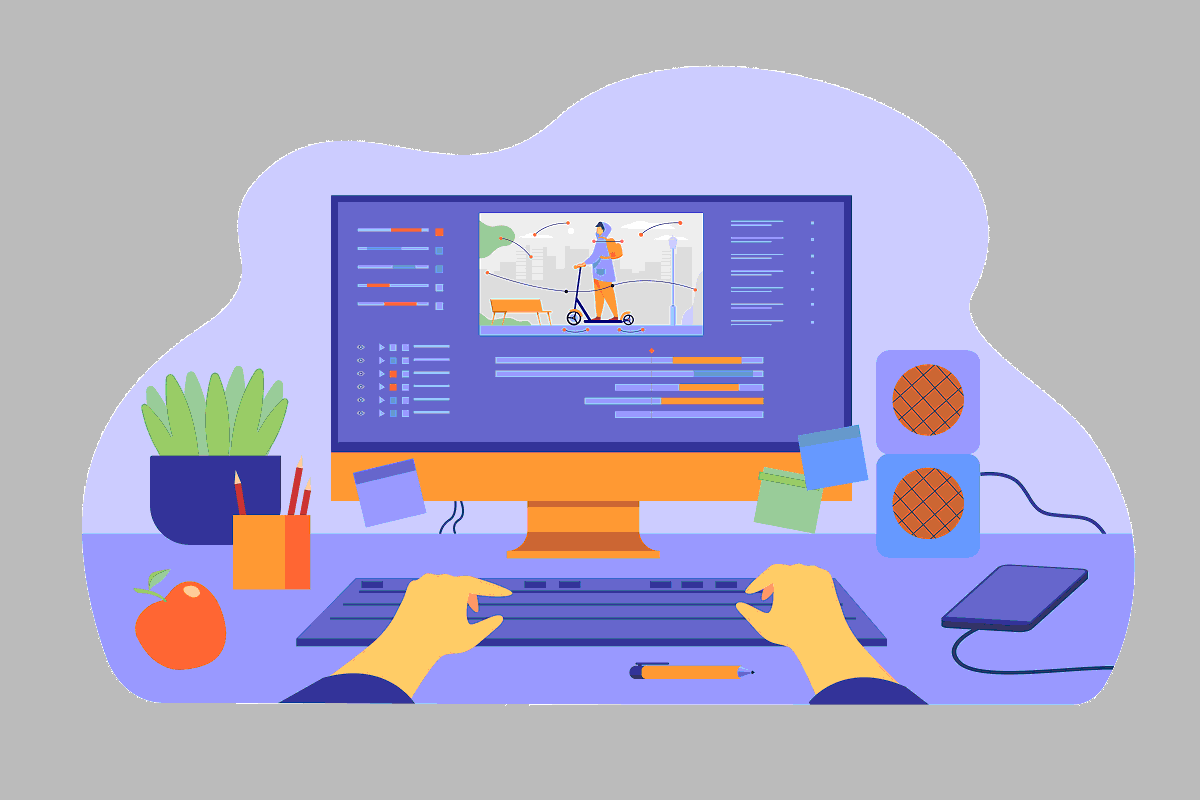
Impacts of Computers: Benefits & Risks Explored
In the digital era, computers have become an integral part of everyday life, revolutionizing how we work, learn, and interact. This in-depth analysis delves into the multifaceted impacts of computers, shedding light on their benefits and drawbacks. Our aim is to furnish readers with a comprehensive understanding, supported by up-to-date statistics, case studies, expert opinions, and environmental assessments, ensuring a balanced, informative, and engaging narrative.
The Digital Transformation: An Overview
The advent of computers has ushered in an unprecedented digital transformation, affecting various sectors including education, business, healthcare, and the environment. As we navigate through the realms of technology, it's imperative to understand both the positive advancements and negative consequences of computer usage.
Positive Impacts of Computers
Enhancing Productivity and Efficiency
Computers have significantly improved workplace productivity. Software applications and productivity tools facilitate task management, data analysis, and project planning, leading to more efficient work processes. A study by the International Data Corporation (IDC) highlights that the use of digital productivity tools can enhance employee productivity by up to 35%.
Revolutionizing Education
The role of computers in education cannot be overstated. Digital education platforms provide access to a wealth of knowledge, interactive learning tools, and online courses, making education more accessible and engaging. Positive effects of computers in education include personalized learning experiences and the democratization of education, especially in remote areas.
Fostering Innovation and Creativity
Tech advancements have spurred innovation across multiple industries. From graphic design software to complex simulation tools, computers enable the creation of groundbreaking products and solutions, fueling economic growth and technological progress.
Negative Impacts of Computers
Environmental Concerns
The environmental impact of computer production and disposal is a growing concern. The manufacture of digital devices entails significant resource consumption and greenhouse gas emissions, while improper disposal contributes to electronic waste, posing threats to environmental health. Negative environmental impacts of computer production necessitate sustainable practices and recycling initiatives.
Cybersecurity Risks
As reliance on digital devices grows, so does the threat of cybersecurity breaches. Cybersecurity threats due to computers include data theft, phishing scams, and malware attacks, compromising personal and organizational security. Implementing robust cybersecurity measures and awareness is crucial in mitigating these risks.
Social and Psychological Effects
The omnipresence of computers and social media can have detrimental effects on mental health and social interactions. Excessive screen time is linked to issues like decreased attention spans, sleep disturbances, and social isolation, highlighting the need for balanced digital consumption.
The Environmental Footprint of Computers
Investigating the lifecycle of computers reveals significant environmental challenges, from resource-intensive manufacturing processes to challenges in recycling and disposal. The production of a single computer requires precious metals, plastics, and energy, contributing to carbon emissions and environmental degradation. Efforts to mitigate these impacts include advancements in sustainable manufacturing, energy-efficient technologies, and global e-waste recycling programs.
Cybersecurity: Safeguarding the Digital Frontier
The digital age has amplified cybersecurity risks, making it imperative to understand and implement effective protection strategies. Data from the Cybersecurity & Infrastructure Security Agency (CISA) underscores the importance of cybersecurity awareness, encryption, and secure network protocols in safeguarding digital assets against evolving threats.
The Societal Fabric: Computers in Everyday Life
Computers have reshaped social dynamics, enabling global connectivity and new forms of interaction. However, the digital divide remains a critical issue, with disparities in access to technology affecting educational and economic opportunities. Bridging this gap requires concerted efforts to ensure equitable access to digital resources.
Looking Ahead: The Future of Computers
Expert opinions on the future of computers suggest a continued trajectory of innovation, with emerging technologies like quantum computing and artificial intelligence poised to redefine what's possible. However, navigating the potential societal impacts, including job displacement and ethical considerations, will be pivotal in ensuring that the benefits of these advancements are realized equitably.
Conclusion
Computers have indelibly marked the 21st century, offering immense benefits but also posing significant challenges. Balancing the positive impacts with the negative requires a concerted effort from individuals, organizations, and governments to harness the potential of digital transformation while mitigating its drawbacks. As we continue to evolve alongside technology, fostering digital literacy and ethical considerations will be key in navigating the future landscape.
This comprehensive exploration aims to empower readers with a deep understanding of the dual-edged influence of computers on society. By acknowledging both the transformative potential and the challenges, we can strive for a balanced digital future that benefits all.
Computer




